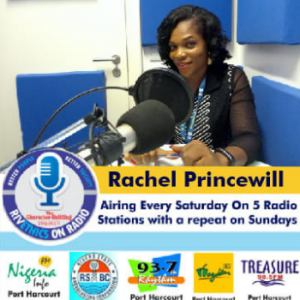
Greetings to the loving people of Rivers State. This is another episode of RivEthics on Radio, our character-building weekend show. I am glad to welcome you to this episode. Please remember that our children are our heritage. Investing time and resources to groom them is service to God and humanity. This episode is in commemoration of the World Day Against Child Labour, which comes up on June 12 every year.
The Sustainable Development Goals (SDGs), adopted by world leaders in 2015, include a renewed global commitment to ending child labour. Specifically, target 8.7 of the Sustainable Development Goals calls on the global community to: “Take immediate and effective measures to eradicate forced labour, end modern slavery and human trafficking and secure the prohibition and elimination of the worst forms of child labour, including recruitment and use of child soldiers, and by 2025 end child labour in all its forms.
The International Labour Organization defines child labor as “work that deprives children of their childhood, their potential and their dignity, and that is harmful to physical and mental development.” Not all work done by children is child labor. Activities that contribute to a child’s positive development and provide skills and experience for them to become productive members of society are not child labor. Therefore getting children to carry out household chores and other self-improvement work (like holiday jobs), is a normal part of their growth path towards adulthood. However, labour that jeopardizes the physical, mental or moral well-being of a child or exposes the child to health hazards belong to the prohibited category of child labour which is seriously frowned against by the laws of most countries and by international law.
There are numerous interventions we can individually and collectively provide to guarantee safety, security and stability to children’s lives and reduce their exposure to circumstances traditionally associated with risk of child labor. Some of what we can offer include:
• Legal resources to find missing children.
• Foster care for children living in violent circumstances.
• Counseling for children who’ve been traumatized.
• Medical care and ongoing support for victims of abuse.
• Intervention for adolescents struggling with alcohol, sexual activity, or truancy.
• Counseling to empower parents to protect and provide for their children.
• Job training and income opportunities for parents so children can stay in school.
Child labour could mean a truncated future for most of the victims. In majority of cases, it leads to frustrations, depression, suicide, crime, vices, drug abuse, prostitution, disease, HIV/AIDS, etc. The world must always look out for our children, the leaders of tomorrow.
Let us pay close attention as our guest speaker, Mrs. Rachel Hope, takes us through the topic. She is a distinguished legal practitioner and member of FIDA, Rivers State. Please enjoy the episode.
Our wonderful Rivers People, please remember to always let your manners speak for you.
God bless and keep you and your families and God bless Rivers State.
Her Excellency,
Hon. Justice Mrs. Eberechi Suzzette Nyesom-Wike,
The Wife of His Excellency,
Nyesom Ezenwo Wike CON. GSSRS. POS (Africa),
You can also listen to and download the Pidgin English version of this Episode below
